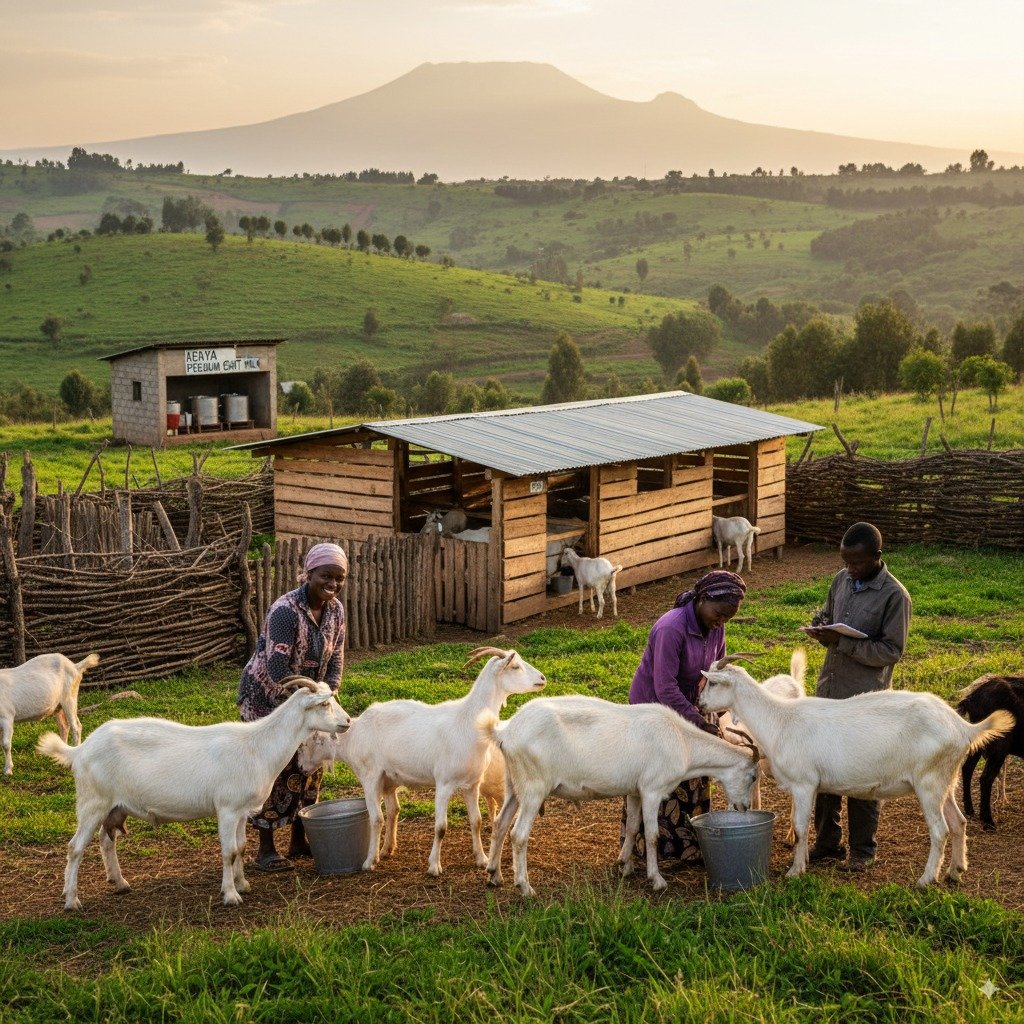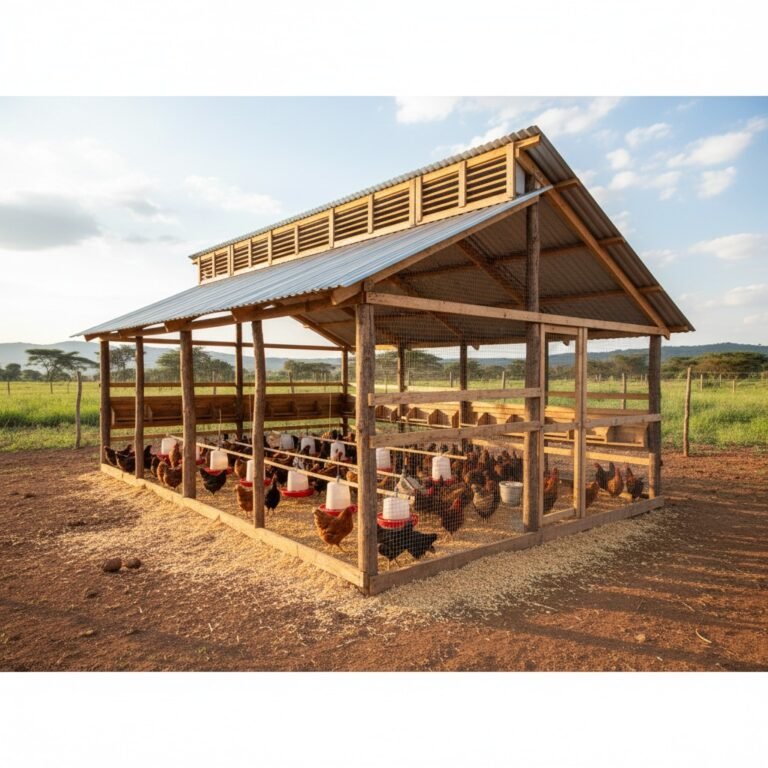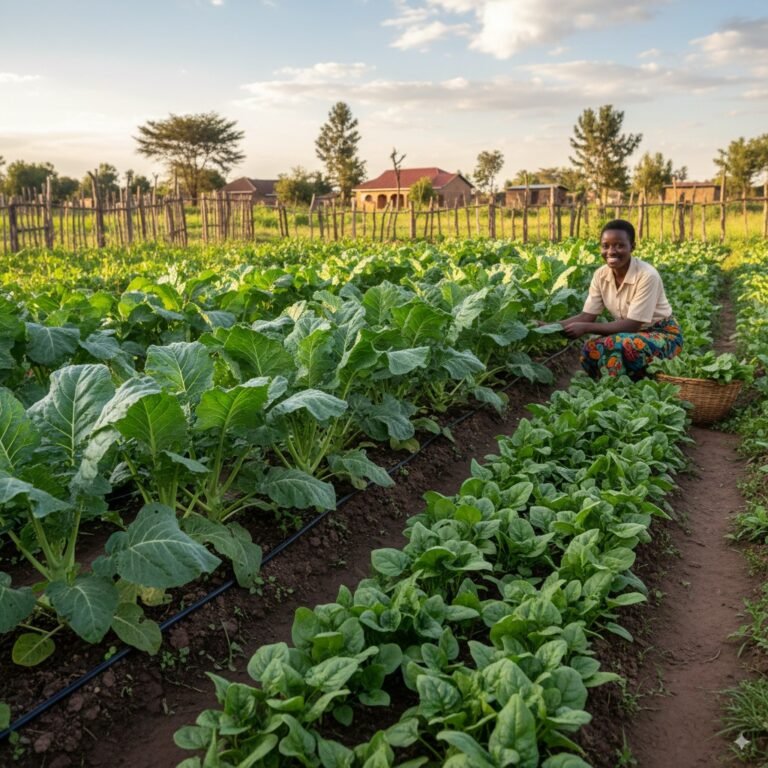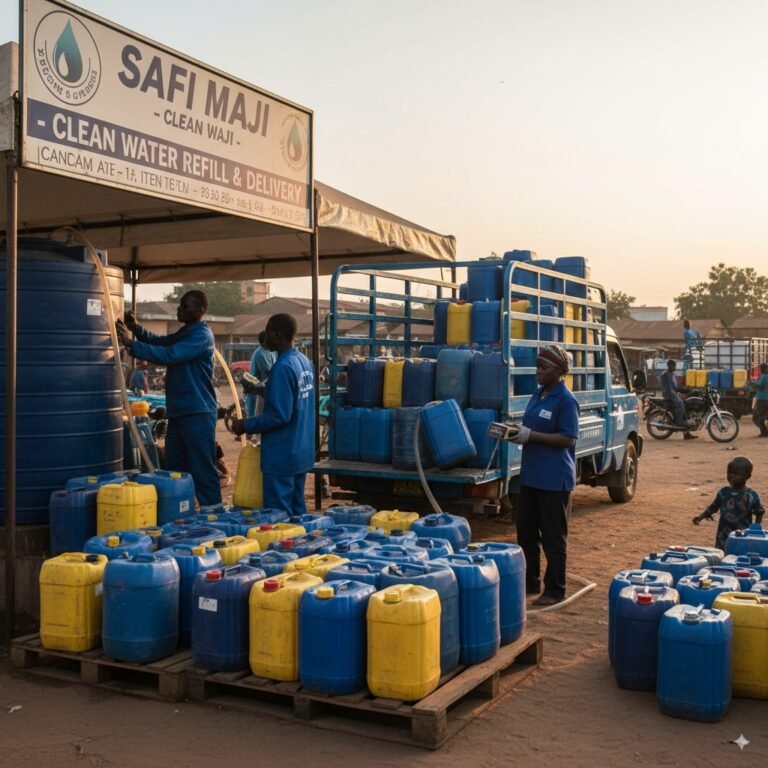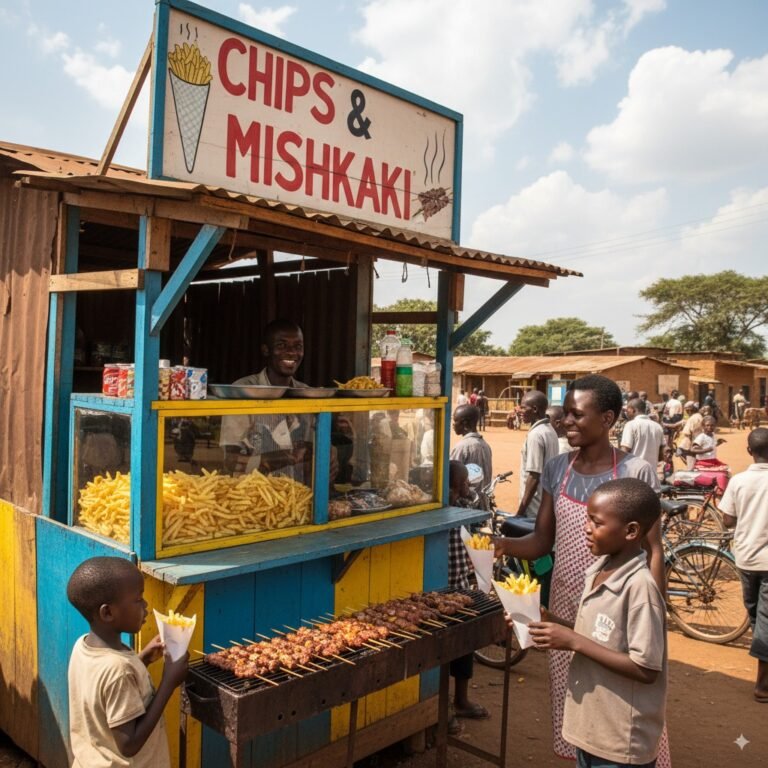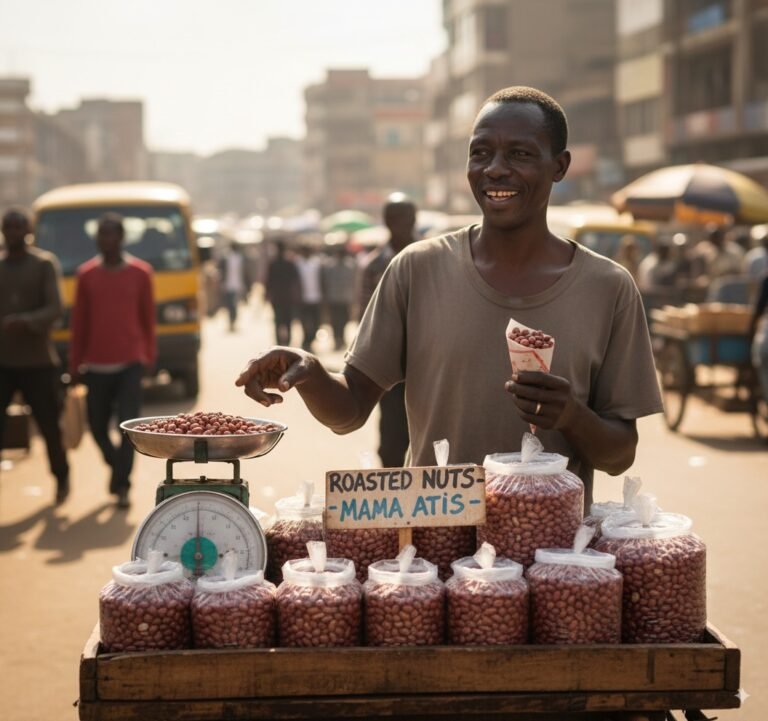How to Start a Dairy Goat Farming Business in Kenya
Introduction
The dairy goat business in Kenya is one of the most promising livestock ventures for small-scale farmers. Unlike cows, goats require less space, eat less, and are cheaper to maintain, yet they provide highly nutritious milk. Goat milk is in demand among health-conscious families, hospitals, and niche markets because it is easier to digest and recommended for people with allergies. With low startup capital and proper management, dairy goats can be a steady source of income.
Startup Costs 💰
The initial cost depends on the breed and housing.
- Capital Needed: KES 15,000 – 30,000
- Key Expenses:
- Dairy goat breeds (Toggenburg, Saanen, Alpine) — KES 8,000 – 15,000 each
- Housing (simple goat pen) — KES 5,000 – 10,000
- Feeders, drinkers, salt licks — KES 2,000 – 4,000
- Feeds (Napier grass, supplements) — KES 2,000 – 5,000
- Vaccines and veterinary services — KES 2,000 – 5,000
💡 Tip: Start with 2–3 goats and expand gradually.
Why This Business Works ✅
- High Milk Demand: Goat milk is rare but highly valued.
- Low Space Requirements: Goats can be kept in small compounds.
- Affordable Startup: Costs are much lower than dairy cows.
- Multiple Benefits: Milk, manure, and kids for resale.
- Scalable: Start with a few goats and grow into a commercial farm.
Step-by-Step Setup 🛠️
1. Choose the Right Breed
- Toggenburg: Good milk producers, hardy.
- Saanen: High milk yield, pure white goats.
- Alpine: Adaptable and affordable.
2. Build Proper Housing
- Raised pens with slatted floors to keep goats dry.
- Provide ventilation and protection from rain.
- Secure fencing to keep predators away.
3. Feeding
Goats eat Napier grass, maize stalks, sweet potato vines, and kitchen leftovers. Supplement with salt licks and concentrates for higher milk yield.
4. Health Management
- Deworm regularly.
- Vaccinate against common diseases.
- Provide clean water and minerals.
5. Marketing Milk
- Sell directly to households at KES 150 – 250 per liter.
- Supply to hospitals and health centers.
- Explore niche supermarkets and wellness shops.
Profit Breakdown 📊
Example:
- One goat produces 2 liters daily.
- Sell at KES 200 per liter = KES 400 daily.
- Monthly = KES 12,000 from one goat.
With 5 goats:
- 10 liters daily = KES 2,000.
- Monthly = KES 60,000.
Kids (young goats) also sell at KES 4,000 – 8,000 each.
👉 A small farm with 5–10 goats can earn KES 60,000 – 120,000 monthly.
Challenges & How to Overcome Them ⚠️
- Diseases & Parasites: Can cause losses.
- Solution: Deworm regularly and keep pens clean.
- Market Awareness: Many don’t know the benefits of goat milk.
- Solution: Educate customers and promote health benefits.
- Feed Shortages: Dry seasons affect Napier supply.
- Solution: Plant Napier, sweet potato vines, and fodder trees.
- Breeding Stock Cost: Good breeds are expensive.
- Solution: Start small and reinvest profits into buying better breeds.
Tips to Grow 🚀
- Invest in cross-breeding for stronger goats.
- Package goat milk for supermarkets.
- Produce and sell goat manure to farmers.
- Expand into making goat cheese and yogurt.
- Brand your farm with a name like “PureGoat Dairy Kenya.”
Frequently Asked Questions (FAQ) ❓
Q: How much capital do I need to start dairy goat farming in Kenya?
A: With KES 15,000 – 30,000, you can buy 1–2 goats and build simple housing.
Q: How profitable is dairy goat farming?
A: A single goat can bring KES 12,000 monthly. With 5–10 goats, you can make over KES 100,000 per month.
Q: Which breed is best for dairy goats?
A: Toggenburg, Saanen, and Alpine are the most common and high-yielding.
Q: Do I need a license?
A: For small farms, no. For large-scale commercial farms, check county regulations.
Conclusion
The dairy goat business in Kenya is an affordable and profitable agribusiness that fits both rural and urban farmers. With just KES 15,000 – 30,000, you can start small, sell nutritious goat milk, and expand into manure, cheese, and kid sales. With proper management and marketing, this hustle can generate steady monthly income.
👉 Explore more hustler-friendly opportunities in the Business Ideas Hub — with over 50+ small businesses you can start today.

